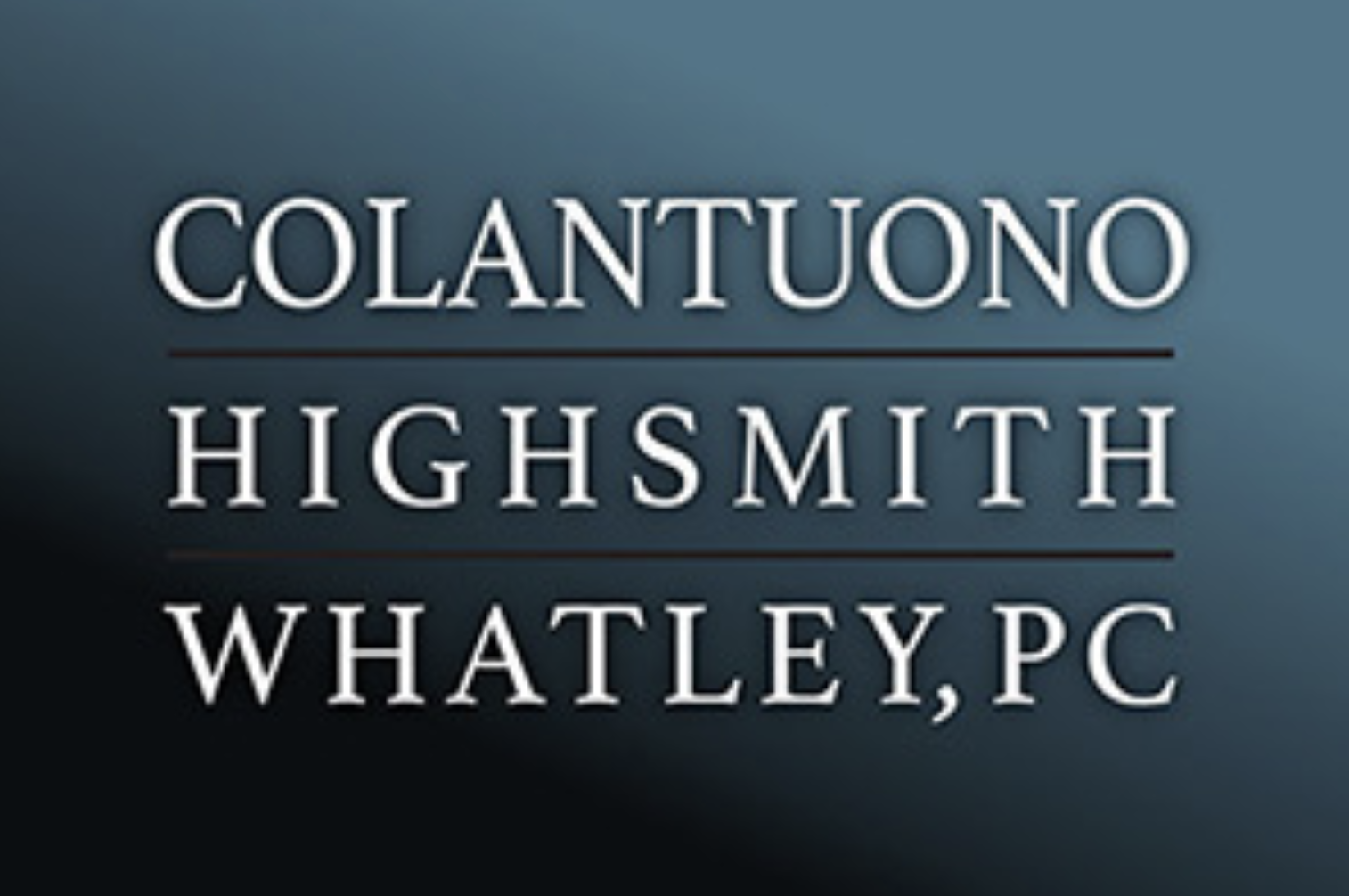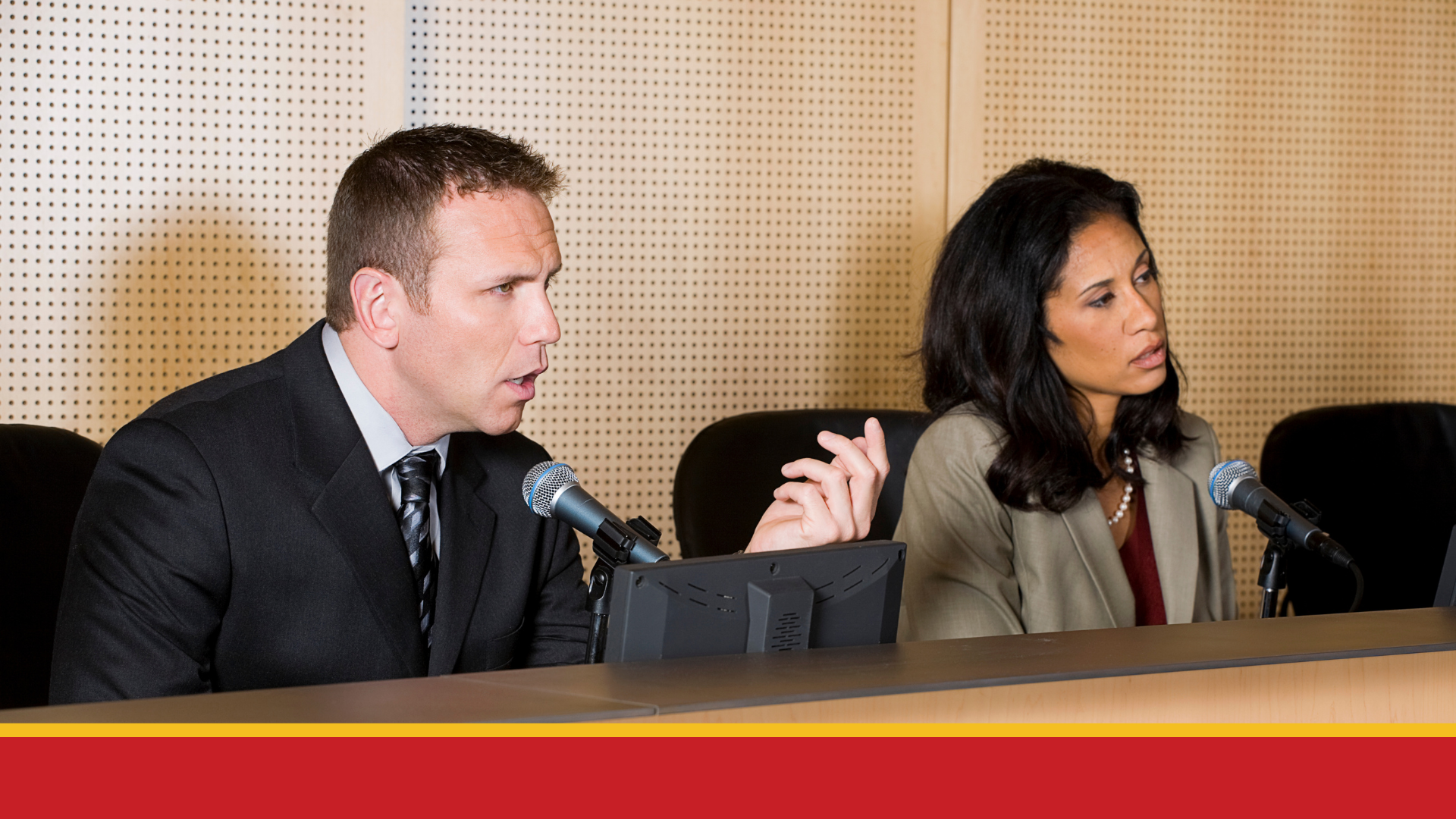 The Levine Act has to date, regulated campaign contributions for state officials and appointed local officials, e.g., Planning Commissioners, and limits covered officials’ ability to participate in governmental decisions related to those who donate more than $250 to a campaign. AB 1439 (Glazer, D-Contra Costa) extends the Act to local elected officials — City Council members and Special District Board members. Subject to some key exceptions, starting January 1, these officials cannot participate in approving a contract, license, permit, or other entitlement sought or opposed by a donor of more than $250 to his or her campaign in the 12 months before the decision.
The Levine Act has to date, regulated campaign contributions for state officials and appointed local officials, e.g., Planning Commissioners, and limits covered officials’ ability to participate in governmental decisions related to those who donate more than $250 to a campaign. AB 1439 (Glazer, D-Contra Costa) extends the Act to local elected officials — City Council members and Special District Board members. Subject to some key exceptions, starting January 1, these officials cannot participate in approving a contract, license, permit, or other entitlement sought or opposed by a donor of more than $250 to his or her campaign in the 12 months before the decision.
The new prohibitions apply in three situations. First, local officials are prohibited from acting on a permit or contract if a donor of more than $250 to their campaigns within the past year is a party or a “participant” in the matter. One “participates’ merely by speaking at a public meeting. Second, local officials may not accept or solicit campaign contributions of more than $250 while a permit application or contract request is pending before their agency. Third, these officials may not accept or solicit campaign contributions of more than $250 from any party or participant in a decision for a year after it is made. FPPC regulations apply the prohibitions to any land use permits and contracts, except competitively bid contracts, union and other labor contracts, or personal employment contracts, e.g., a City Manager’s contract.
The prohibitions apply if a campaign donor of more than $250 is directly involved in a decision, e.g., an applicant or contractor, but also if he or she speaks at a hearing. A financially interested participant under this law includes one who owns a home within 1,000 feet of a proposed land use who speaks at a hearing after donating $250 or more to one or more Council members’ campaigns. In that situation each Council member who received the donation must either disclose it and abstain, or commit to returning that part of it in excess of $50 within 30 days to participate in the decision.
The new law applies only to donations to a candidate-controlled committee not independent expenditures by non-candidate-controlled committees.
Applicants, contractors, and other participants must also disclose any contributions to Council or Board members of more than $250 in the past year. Agencies should consider adding the disclosure requirement to agendas, display it in meeting rooms, and on permit application and contract bid forms.
The FPPC adopted an opinion that SB 1439 does not apply retroactively to contributions made in 2022. Efforts to further clarify the law will continue in the next legislative session and business and development interests are gearing up for a court fight. Stay tuned!
About Colantuono, Highsmith & Whatley, PC
Colantuono, Highsmith & Whatley represents California public agencies in municipal law, including revenues, land use, elections, employment, post-redevelopment, housing, public works, utility services, CEQA, LAFCO law, marijuana and related public safety topics, and litigation. Our core commitment is to provide advice our clients find helpful, understandable, and fairly priced.
We are California’s leading experts on government revenues, including Propositions 13, 62, 218 and 26 and we have argued 18 revenue cases in the California Supreme Court since 2004. Our litigators have broad experience in public-sector litigation including appeals, elections, revenues, labor and employment, eminent domain and inverse condemnation.





